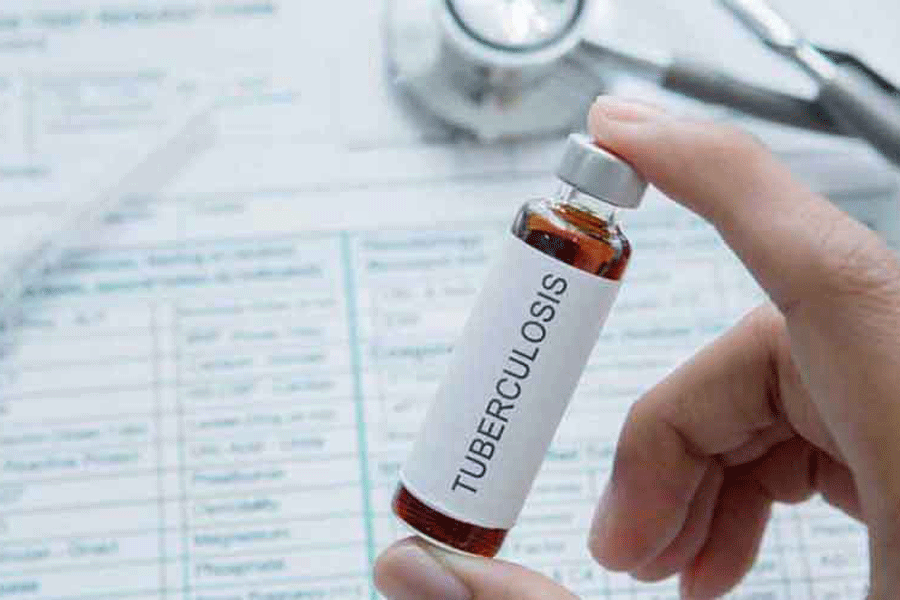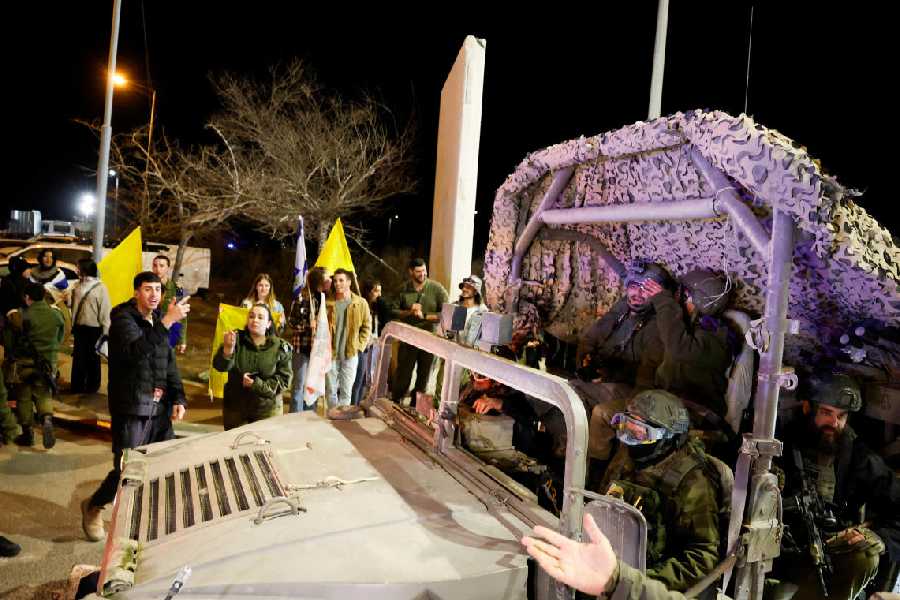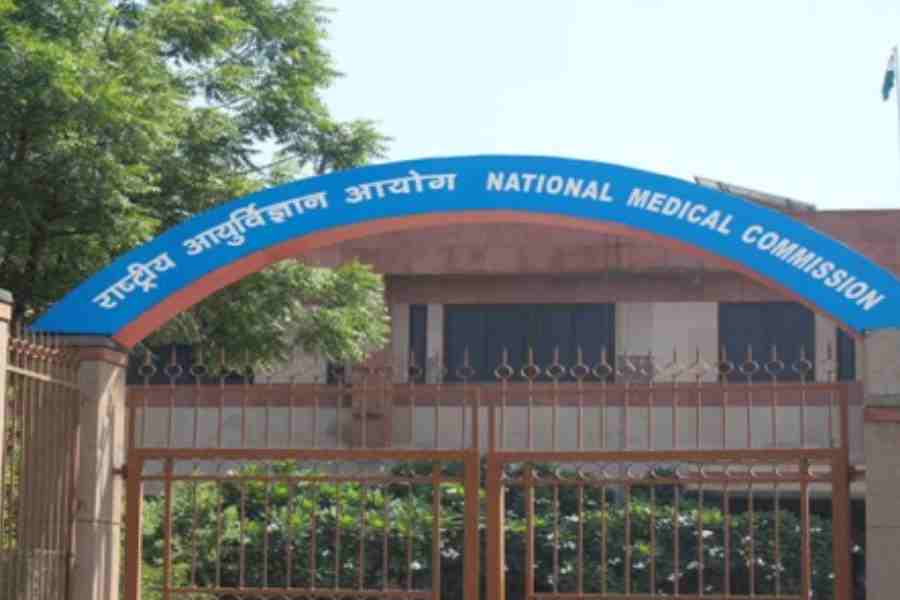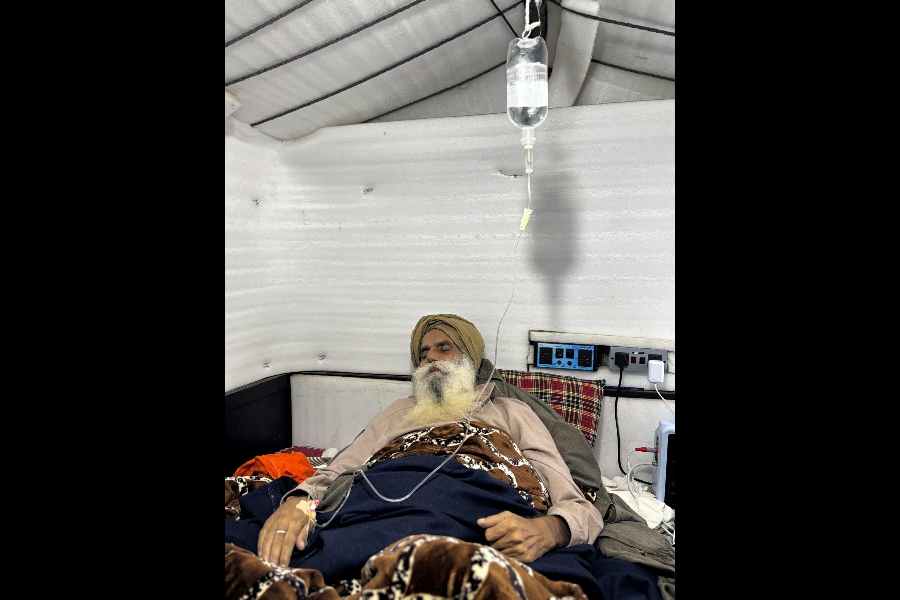A food basket containing 5kg rice and 1.5kg lentils per adult a month can cut by nearly half new tuberculosis cases among household contacts of TB patients, a landmark study in India has found.
Health researchers have described the study in Jharkhand as the world’s first to directly demonstrate the efficacy of rice, split pigeon pea, and multivitamins to prevent TB cases among people at high risk of the infection.
The incidence of lung TB among the members of households with TB patients that
received these food baskets was 48 per cent lower than among members of households with TB patients that did not receive the baskets, the study found.
“We’ve known that undernutrition is a major risk factor for TB and that about 40 per cent of TB in India can be attributed to undernutrition,” said Soumya Swaminathan, former head of the Indian Council of Medical Research and chief scientist at the World Health Organisation, now at the MS Swaminathan Research Foundation in Chennai. “But we had no proof — until now.”
The findings, she said, bolster evidence for policies to add nutrition as an intervention to avert new TB cases at a time counts of new cases are not falling as fast as they need to for India to eliminate TB by 2025.
The study by Anurag Bhargava and Madhavi Bhargava at the Yenepoya University near Mangalore, their collaborators at the National Institute for Research in Tuberculosis, Chennai, and other institutions has suggested that the food basket would cost Rs 325 per household contact per month, including delivery, at 2019 prices.
“We expect that the food basket will not only lower the risk of TB infections among the household contacts but also protect them from other infections by raising general nutrition levels,” Anurag Bhargava said.
The Narendra Modi government that set the 2025 elimination target has since April 2018 offered nutritional support to TB patients — through payment of Rs 500 per month during the treatment that typically lasts six months in uncomplicated TB.
The Union health ministry had last year also introduced a crowd-sourced scheme called Nikshay Mitra that enables individuals, corporate organisations and other entities to provide nutritional support to TB patients.
“If nutritional support were to be extended to the families of TB patients, it could potentially drive down TB cases in the community,” said Swaminathan, who was a member of the team that conducted the Jharkhand study.
A health ministry report released earlier this year estimated TB incidence (new cases) in 2022 was 196 per 1,00,000 population, significantly higher than the elimination plan’s target of 77 by 2023 and 44 by 2025.
In the study, the Bhargavas and their collaborators tracked for three years 10,345 household contacts of 2,800 TB patients in four Jharkhand districts — Ranchi, Seraikela Kharsawan, East Singhbhum and West Singhbhum.
They documented 218 new TB cases among the contacts. “But our study suggests a 48 per cent reduction in new lung TB cases over the three years in households that got the food baskets,” said Madhavi Bhargava. The study was published on Tuesday in The Lancet, a medical journal.
While household contacts at high risk of developing TB may also be prescribed preventive anti-TB medications, the researchers said, the food basket with rice, lentils and multivitamins appeared to provide comparable protection.
Each of the 2,800 TB patients received 5kg rice, 1.5kg milk powder, 3kg roasted chickpea flour, 500ml oil, and multivitamins per month. As anticipated, the study noted a lower risk of death with weight gain. A 5 per cent weight gain within two months of treatment reduced the risk of death by 60 per cent.
The death rate among the TB patients was 3.9 per cent, which was significantly lower than the 6 per cent death rate observed among TB patients from six states who had not received any nutritional support.










